- Home
- Roy J. Snell
On the Yukon Trail Page 17
On the Yukon Trail Read online
Page 17
CHAPTER XVII A KNOTTY PROBLEM
Joe Marion and Jennings were facing a problem. They had returned to theircamp after following what they thought was the trail of some other personthan Curlie. You will remember that they had discovered the marks of areindeer which had apparently been tied in the brush. This reindeer, theyhad concluded, belonged to some herder who had camped in the other clumpof willows for the night. It was in fact the very reindeer which Curliehad found tangled in the brush. But this they did not know. And sincethey did not know it they supposed they had lost all trace of theircompanion and were more than half convinced that he had been frozen todeath in the blizzard.
Now, under the circumstances, what were they to do? They had come a longand dangerous way to capture a man, the air outlaw. To get his man hadbeen Curlie's constant thought. He was doubtless getting farther andfarther from them as the hours passed. They now had meat to last themthree or four days. What should they do? Press on as rapidly as theycould, leaving Curlie to find their trail and follow if he were stillalive, or should they continue the search for him, circling the hills andthe tundra with the dogs in the hopes of again picking up his trail?
"Might be still alive but with frozen feet, unable to travel," suggestedJoe.
"Yes, that has happened often in the Arctic!" said Jennings.
"But he has his belt radiophone set," said Joe thoughtfully. "The air isquiet now. His balloon aerial would work beautifully. Why don't--"
Suddenly he started. In his eager search for his companion he hadneglected the radiophone.
Now he turned his attention to it. Tuning it to 200, their agreed wavelength, he listened in while Jennings fried caribou steak.
"That's a rare treat," said Jennings as he set his teeth in a juicymorsel. "It's surprising how you can keep a liking for caribou andreindeer meat. In '98 we came in four or five thousand strong over thetrail from Valdez. We each had sixteen hundred pounds of kit and grubwhich cost us about four hundred dollars. With that food and the fish andgame we got, we lived up here a year and a half. Think of it; a year anda half on a sled load of grub."
"Did you find much gold?" asked Joe.
"Not many of us did. Most of us went back to the States poorer than whenwe came. That is, we did as far as money goes, but in other ways we hadgained much. We had learned how to live without the white man's luxuries.We had learned to face danger, hardship and even death with a smile. Wehad lived hundreds of miles from doctors, drugs and nurses, and yet mostof us came out of it, brown, sturdy, hard-muscled, keen of nerve and ofmind, ready for anything that life might hand us. That's the pay men getfor daring a wilderness."
"Sh--"
Joe held up a warning finger. He was getting something out of the air.
He knew at once that it was not Curlie speaking, yet he felt sure it wasimportant. It came from the north.
"Steamship Torrentia. Munson, the explorer, speaking." Joe thrilled atthe sound of that name.
"Torrentia - crushed - by ice," the voice went on. "Sinking - by - the -bow. Position about - one - thousand - miles - due - north - of - Flaxman- Island. All supplies - unloaded - on floating - ice pans. Shall attempt- pole - by plane. Later - return - by plane - to Flaxman. Must - have -transportation - for thirty - men from - Flaxman. Authorize - anynecessary expense."
The message ended, Joe sat wrapped in deep thought.
"I don't see how he hopes to get transportation for thirty men fromFlaxman Island. That spot, why that's off the map--all but off the earth.Nobody there. No one near. We can help him some with our dogs if wehappen to be there when he arrives but our teams are but a sample of whathe needs."
"Ought to have left dogs and a native or two with his supplies atFlaxman," said Jennings.
"Yes, but he didn't."
"No. That's the real point."
"Say!" exclaimed Joe suddenly, "there must be a reindeer herd somewherenear here, otherwise that fellow with the sled deer wouldn't be wanderingaround so close."
"Probably. But you can't be sure of it. Those little brown folks think alot of their reindeer. I have known them to trail a deer that had runaway in company with wild caribou, for more than five hundred miles.Anyway, it's worth looking into. If there is a good-sized herd close tous, the Eskimo who owns it will have enough sled deers to bring Munson'swhole party out to civilization. I think we ought to look into that atonce."
"I'd agree with you but for one consideration," said Joe thoughtfully.
"What's that?" said Jennings sharply.
"The outlaw."
"What's he got to do with it?"
"He's going north, isn't he?"
"Yes."
"Toward Flaxman Island?"
"Probably. But what of that. What little food he and his companion, if hehas one, will eat, won't amount to anything."
"No, it won't; not if he stops at that. But as Curlie and I have said toyou before, everything goes to indicate that he is sore at Munson; thathe'd like to do him an injury. What greater injury could he do him thanto load down his sled with supplies from Flaxman Island, then touch amatch to the rest? Why, man, the whole thirty of them would starve justas Sir John Franklin's hundred and fifty men did in that same region twoor three generations ago!"
"Yes, if the outlaw's that kind of a bird."
"Who knows about that? The only way to find out is to go after him. Ithink it's mighty important that we get him and get him quick."
"Then we'll have to leave Curlie to make the best of things, to shift forhimself?"
"We-l-l," said Joe, speaking very slowly, "I--I'm not sure what we shoulddo. Let's leave that discussion until morning."
"Agreed," said Jennings as he began unlacing his felt shoes, preparatoryto creeping into his sleeping-bag.

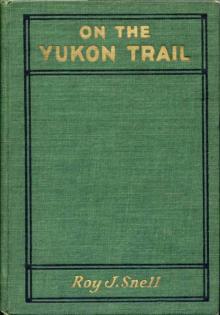 On the Yukon Trail
On the Yukon Trail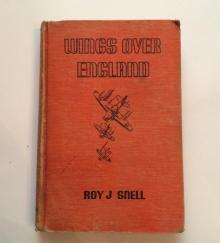 Wings over England
Wings over England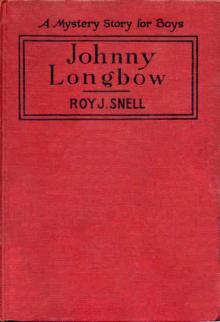 Johnny Longbow
Johnny Longbow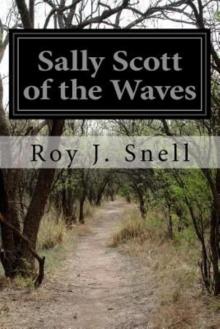 Sally Scott of the WAVES
Sally Scott of the WAVES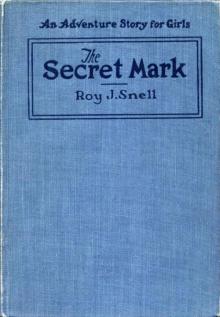 The Secret Mark
The Secret Mark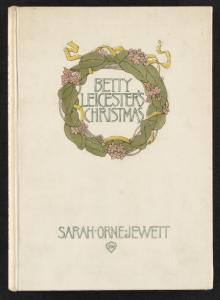 Betty Leicester's Christmas
Betty Leicester's Christmas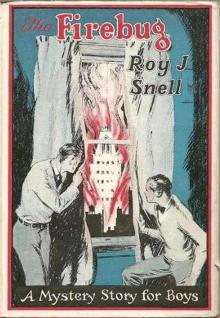 The Firebug
The Firebug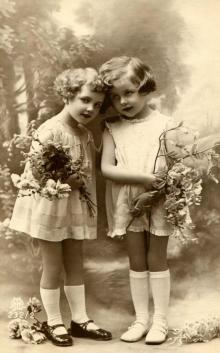 Minnie Brown; or, The Gentle Girl
Minnie Brown; or, The Gentle Girl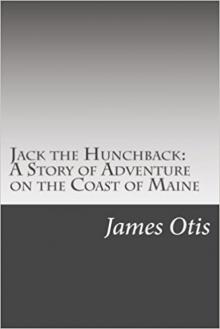 Jack the Hunchback: A Story of Adventure on the Coast of Maine
Jack the Hunchback: A Story of Adventure on the Coast of Maine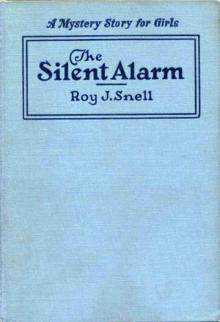 The Silent Alarm
The Silent Alarm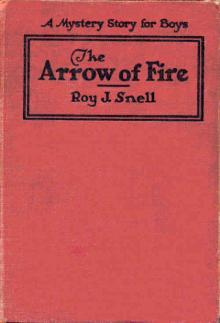 The Arrow of Fire
The Arrow of Fire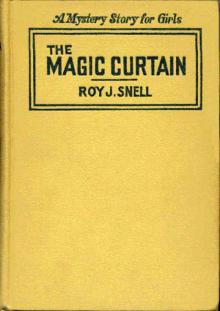 The Magic Curtain
The Magic Curtain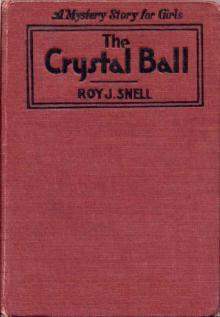 The Crystal Ball
The Crystal Ball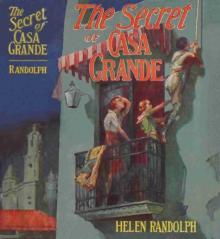 The Secret of Casa Grande
The Secret of Casa Grande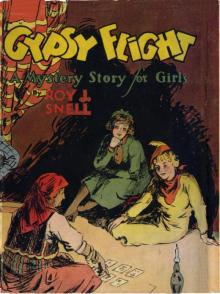 Gypsy Flight
Gypsy Flight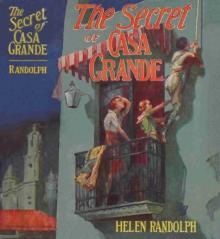 The Mystery of Carlitos
The Mystery of Carlitos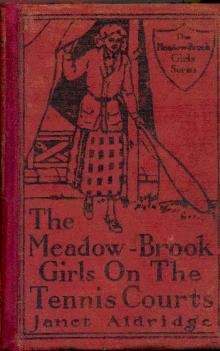 The Meadow-Brook Girls on the Tennis Courts; Or, Winning Out in the Big Tournament
The Meadow-Brook Girls on the Tennis Courts; Or, Winning Out in the Big Tournament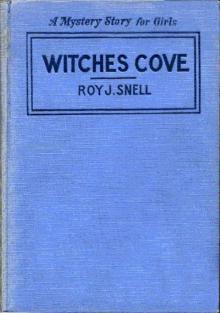 Witches Cove
Witches Cove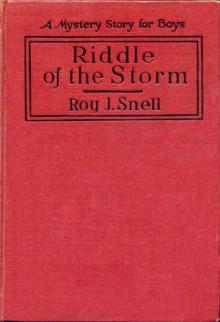 Riddle of the Storm
Riddle of the Storm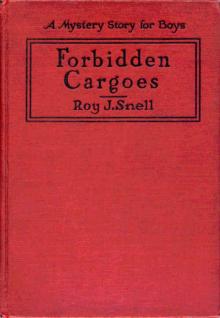 Forbidden Cargoes
Forbidden Cargoes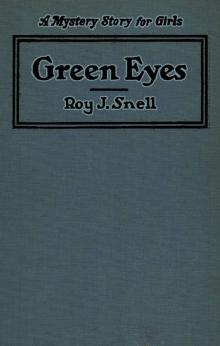 Green Eyes
Green Eyes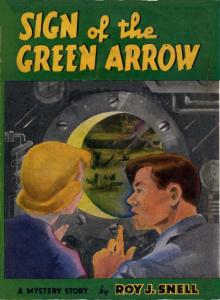 Sign of the Green Arrow
Sign of the Green Arrow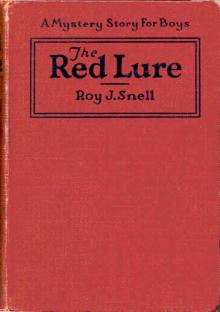 The Red Lure
The Red Lure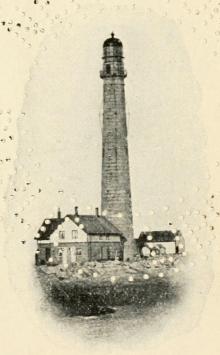 The Light Keepers: A Story of the United States Light-house Service
The Light Keepers: A Story of the United States Light-house Service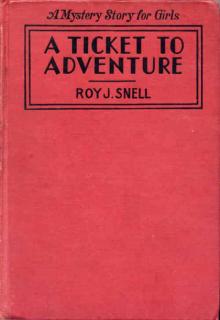 A Ticket to Adventure
A Ticket to Adventure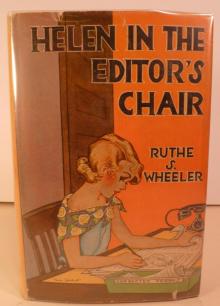 Helen in the Editor's Chair
Helen in the Editor's Chair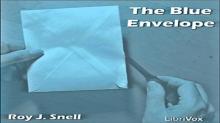 Blue Envelope
Blue Envelope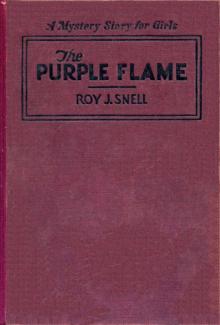 The Purple Flame
The Purple Flame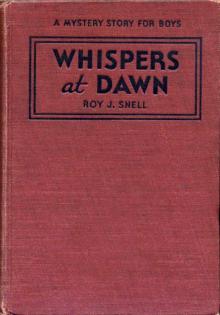 Whispers at Dawn; Or, The Eye
Whispers at Dawn; Or, The Eye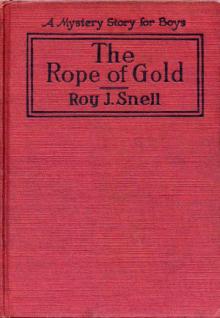 The Rope of Gold
The Rope of Gold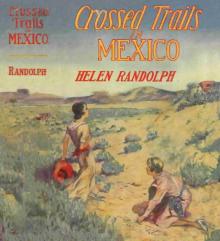 Crossed Trails in Mexico
Crossed Trails in Mexico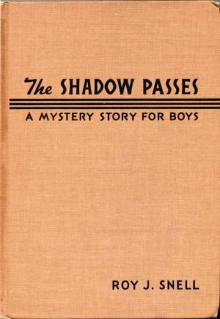 The Shadow Passes
The Shadow Passes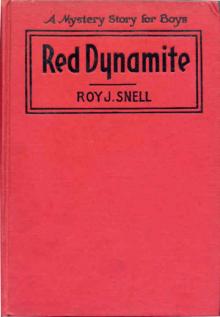 Red Dynamite
Red Dynamite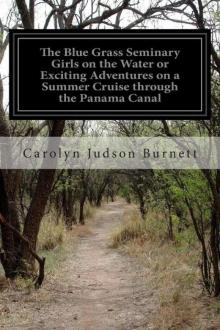 Blue Grass Seminary Girls on the Water
Blue Grass Seminary Girls on the Water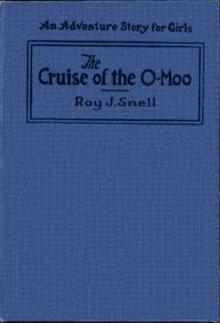 The Cruise of the O Moo
The Cruise of the O Moo